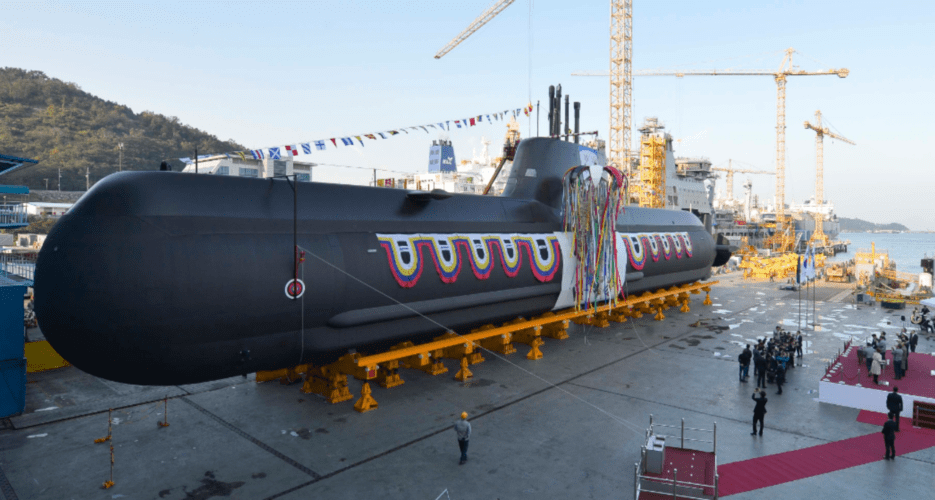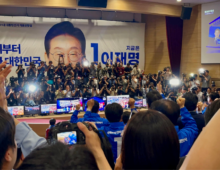South Korea’s Defense Acquisition Program Administration (DAPA) announced on Wednesday that Germany’s planned simplification of defense export procedures will streamline the procurement of German-made components for South Korean weapons systems. In the past, acquiring these components required extensive approval from the German government, which could take 6 to 12 months. The new procedure, which aligns with the standards applied to European Union and North Atlantic Treaty Organization (NATO) nations, will come into effect on Sept. 1, allowing German companies to export specific non-sensitive defense and dual-use materials to South Korea without distinct clearance from the Federal Office for Economic Affairs and Export Control (BAFA).
This policy change is expected to significantly ease the acquisition of German components, promoting the rapid deployment of military forces and enhancing the global market presence of South Korean and German defense companies. The adjustment reflects South Korea’s role as a key security partner, equivalent to a NATO member, under Germany’s arms export regulations. The change comes in the wake of South Korea’s diplomatic efforts to bolster cooperation with NATO, emphasizing Seoul’s continuous efforts to strengthen its national defense capabilities and foster closer defense collaboration with Germany.
South Korea’s Defense Acquisition Program Administration (DAPA) announced on Wednesday that Germany’s planned simplification of defense export procedures will streamline the procurement of German-made components for South Korean weapons systems. In the past, acquiring these components required extensive approval from the German government, which could take 6 to 12 months. The new procedure, which aligns with the standards applied to European Union and North Atlantic Treaty Organization (NATO) nations, will come into effect on Sept. 1, allowing German companies to export specific non-sensitive defense and dual-use materials to South Korea without distinct clearance from the Federal Office for Economic Affairs and Export Control (BAFA).
This policy change is expected to significantly ease the acquisition of German components, promoting the rapid deployment of military forces and enhancing the global market presence of South Korean and German defense companies. The adjustment reflects South Korea’s role as a key security partner, equivalent to a NATO member, under Germany’s arms export regulations. The change comes in the wake of South Korea’s diplomatic efforts to bolster cooperation with NATO, emphasizing Seoul’s continuous efforts to strengthen its national defense capabilities and foster closer defense collaboration with Germany.
Get your
KoreaPro
subscription today!
Unlock article access by becoming a KOREA PRO member today!
Unlock your access
to all our features.
Standard Annual plan includes:
-
Receive full archive access, full suite of newsletter products
-
Month in Review via email and the KOREA PRO website
-
Exclusive invites and priority access to member events
-
One year of access to NK News and NK News podcast
There are three plans available:
Lite, Standard and
Premium.
Explore which would be
the best one for you.
Explore membership options
© Korea Risk Group. All rights reserved.
No part of this content may be reproduced, distributed, or used for
commercial purposes without prior written permission from Korea Risk
Group.












